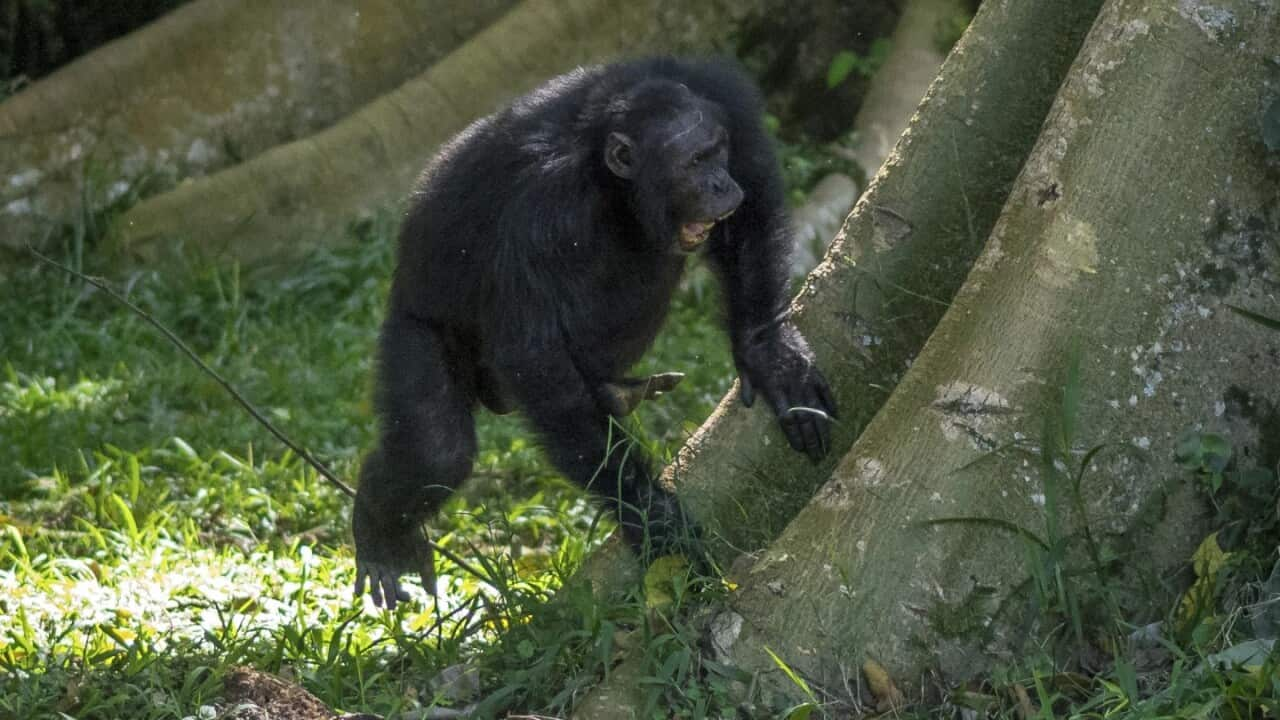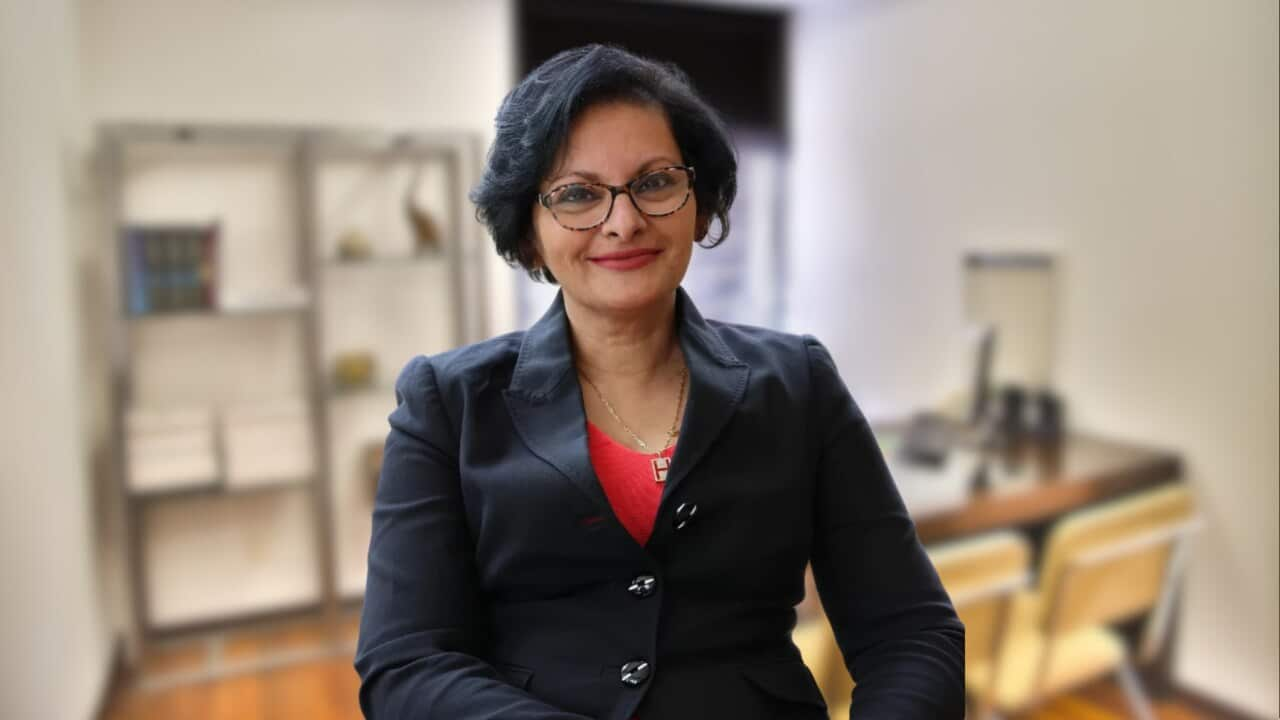TRANSCRIPT
The United Nations peacekeeping mission in Lebanon reports that a fifth peacekeeper has been injured.
In a statement, the UN said the peacekeeper underwent surgery to remove a bullet and is now in stable condition.
Israeli forces have called for peacekeepers to leave their positions, but the UN mission has been defiant, deciding to stay in the border region between Lebanon and Israel to continue their peacekeeping mission.
Spanish Prime Minister Pedro Sanchez joined other world leaders in condemning the attacks on peacekeepers.
He is urging other governments to follow Spain's example and stop the sale of arms to Israel.
"Spain shares the proposal that the international community should stop sending arms to Israel. Spain has not done so for some time, we have not sold arms to Israel since the beginning of the war and the logic is simple. If there are no arms there are no wars."
According to Lebanese government statistics released on Friday, the Israeli army has attacked Lebanon 9,588 times since 7th October 2023, resulting in 2,229 deaths and 10,380 injuries.
On Saturday, Lebanon’s Health Ministry reported 17 killed and 62 injured in southern Lebanon, 3 killed and 41 injured in Nabatieh, 1 killed and 22 injured in Bekaa, and 5 killed and 19 injured in Baalbek-Hermel.
This brings the total to 26 killed and 144 injured in Lebanon that day, according to the ministry's figures.
Meanwhile, United Nations officials are warning that Israel's offensive and evacuation orders in northern Gaza could disrupt the second phase of its polio vaccination campaign, set for next week.
Humanitarian pauses in the conflict are planned to vaccinate children, but Israel has intensified its offensive in northern areas of the Gaza strip such as Jabalia and Beit Hanoun.
The World Health Organisation's Rik Peeperkorn says a number of healthcare facilities have been affected.
"I am, of course, concerned about the developments in the north. And specifically, we know that within these evacuation orders, we talk about a total of 61 health facilities, 20 in the north of Gaza and 41 in Gaza, including the 10 hospitals, 90 primary health care centres and 32 medical points, are within the evacuation orders and zone announced on the 6th October."
Around 560,000 children in Gaza under 10 were vaccinated against polio in early September.
A new round, aiming to vaccinate 590,000 children, begins on 14th October.
Gaza reported its first polio case in 25 years in August due to an Israeli blockade on medical supplies, food, and water.
Israeli actions in Gaza have killed over 42,000 Palestinians and injured more than 98,000. On Saturday, Gaza’s Health Ministry reported 49 Palestinians killed and 219 injured in five Israeli strikes, with thousands more buried under rubble. Seven of those killed belonged to one family.
The war began after a Hamas-led assault on the 7th of October 2023, on southern Israeli communities in which 1,200 people were killed and about 250 were taken hostage, according to Israeli tallies.
The war has destroyed large areas of Gaza and displaced about 90 per cent of its population of 2.3 million people, often multiple times.
This comes as hundreds of Israeli protesters blocked a main boulevard in central Tel Aviv on Saturday, demanding a deal to return hostages held in Gaza.
This weekly demonstration followed a gathering in Hostages Square on Yom Kippur, the holiest day in the Jewish calendar.
Among those protesting is 53-year-old Zahiro Shahar Mor, whose uncle Avraham Munder was killed in captivity in Gaza.
"It's important every day, we are standing here every day and we don't miss a single day even, if it's Yom Kippur the hostages are still there, there's no break for them, it's not like it's holiday so the conditions are different. Their situation is the same every day and for us the situation is the same, every day we will fight until we get everyone back."
Naama Weinberg, one of the protest organisers, whose cousin Itay Svirsky was killed while held hostage in Gaza, expressed hope that Prime Minister Benjamin Netanyahu would reflect on his actions during the holy day.
“I expect that our government and our prime minister have took this Yom Kippur (Jewish holiday) and really looked deep in and admitted to himself, that there were times that there was a deal on the table and he could have took it and he could have released the hostages. And we know that also now there is a deal on the table. It could be possible. And the only thing that is making it not happen is Netanyahu's personal interest and his beliefs.”













